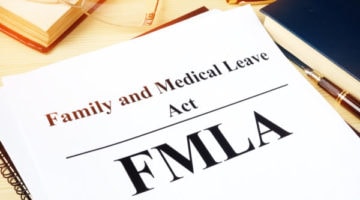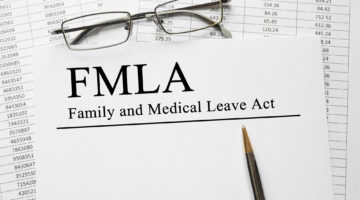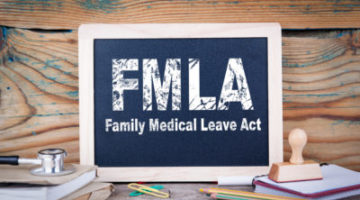Employers will now have extra time to comply with the Paid Family Medical Leave Act, G. L. c. 175M (“Act”), and more clarity on how to do so, thanks to delays implemented by state leaders and regulations issued by the Department of Family and Medical Leave (“Department”).
Category: Massachusetts Employment BizLit

Massachusetts Delays Start for Contributions to Paid Family and Medical Leave Program
On June 11, Massachusetts Governor Charlie Baker, along with state house and senate leaders, agreed to a three-month extension for employers to begin collecting contributions under the Paid Family Medical Leave Act, G. L. c. 175M (“Act”), from July 1 to October 1.

Groups Request Extension of Deadline to Begin Collecting Paid Family and Medical Leave Contributions and Propose Amendments to Law
On May 20, nine advocacy groups submitted a letter to state leaders requesting a three-month extension of the July 1 deadline to begin collecting contributions under the Paid Family Medical Leave Act, G. L. c. 175M (“Act”), to October 1, and proposing several amendments to the Act.

Deadlines Extended for Paid Family and Medical Leave Notification and Exemption Requirements
On May 1, the Department of Family and Medical Leave (“Department”) extended two deadlines for employer obligations in complying with Paid Family Medical Leave Act, G. L. c. 175M (“Act”).

Guidance Released on Notifying Employees of Paid Family and Medical Leave by May 31, 2019
On April 18, the Department of Family and Medical Leave (“Department”) released guidance on the notifications that must be provided to employees under the Paid Family Medical Leave Act, G. L. c. 175M (“Act”), by May 31.

UPDATE: Massachusetts Issues Draft Regulations for Paid Family Medical Leave Act
On March 29, the Department of Family and Medical Leave (“Department”) issued updated draft regulations that further expand upon the Paid Family Medical Leave Act (“Act”), G. L. c. 175M.

Massachusetts Supreme Judicial Court Ruling on Farming Overtime Pay is a Cautionary Tale for All Employers
Though confined to the issue of overtime for farm laborers, a recent ruling by the Massachusetts Supreme Judicial Court (“SJC”) serves as a warning to all employers about the pitfalls presented by the disparities between state and federal wage and hour laws.



